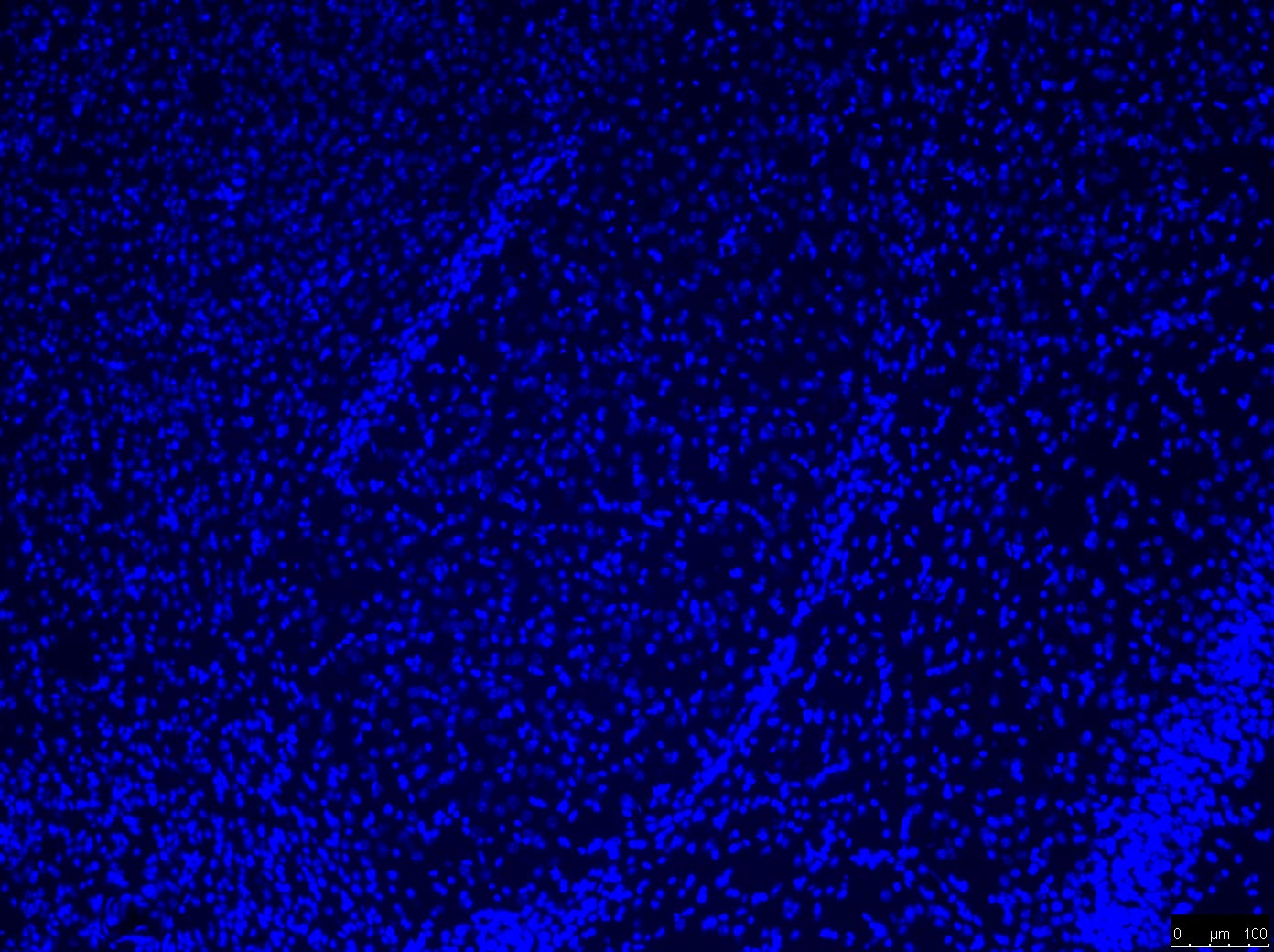A sociable personality attenuates neuropathic pain and anxiety intensifies it
The results of this study in mice may help understand some of the mechanisms that explain the variability of the manifestations of neuropathic pain according to personality traits

Certain personality traits such as sociability, anxiety or depression influence manifestations of neuropathic pain in mice, according to a new study by the Neuropharmacology Laboratory-NeuroPhar at Pompeu Fabra University. The study, led by Rafael Maldonado, has been published in the journal Neuropharmacology.
High variability between individuals in the manifestations of neuropathic pain can lead to a differential response of patients to treatment, making it difficult to establish general therapeutic guidelines. The reasons for this variability are largely unknown. Therefore, it is important to identify the factors that determine the severity of the manifestations of neuropathic pain in order to tailor treatment to each patient individually.
High variability between individuals in the manifestations of neuropathic pain can lead to a differential response of patients to treatment.
Following this line, the research team used rodent models to evaluate how sociability, anxiety or depression affect the intensity of neuropathic pain. Miriam Martínez-Navarro, first author of the article explains that “indeed, the anxiety trait appears as a vulnerability factor leading to increased pain, as well as the consequences on emotional behaviour and memory. By contrast, a sociable personality would exert a positive influence attenuating neuropathic pain”.
“Genetic analyses showed that mice with high levels of the expression of genes IL6 and PDYN in the amygdala were more sensitive to pain and these changes also correlate with personality traits”, says Rafael Maldonado, full professor of Pharmacology at UPF’s Department of Experimental and Health Sciences (DCEXS).
The impact of personality traits in the manifestations of neuropathic pain would be due, in part, to the modulation of gene expression in the amygdala.
These genes encode interleukin-6 and prodynorphin, proteins involved in inflammatory and pain sensitization processes, whose overexpression in neuropathic pain conditions had been previously reported in other areas of the nervous system such as the spinal cord.
Interestingly, the expression of these genes in the amygdala after nerve injury is influenced by personality traits. Thus, the anxiety trait enhances the expression of PDYN and IL6 in the amygdala, while the sociability trait correlates with a lower expression of PDYN. These data suggest that the impact of personality traits in the manifestations of neuropathic pain would be due, in part, to the modulation of gene expression in the amygdala.
“The results of this study may help understand some of the mechanisms that explain the variability of the manifestations of neuropathic pain according to personality traits, which could favour the development of more effective personalized treatments for chronic pain”, concludes Rafael Maldonado.
Reference article:
M. Martínez-Navarro, I.M. Lara-Mayorga, R. Negrete, W. Bilecki, A. Wawrzczak-Bargieła, L. Gonçalves, A.H. Dickenson, R. Przewłocki, J.E. Baños, R. Maldonado. Influence of behavioral traits in the inter-individual variability of nociceptive, emotional and cognitive manifestations of neuropathic pain. Neuropharmacology, January 2019. doi: 10.1016/j.neuropharm.2019.01.012.
